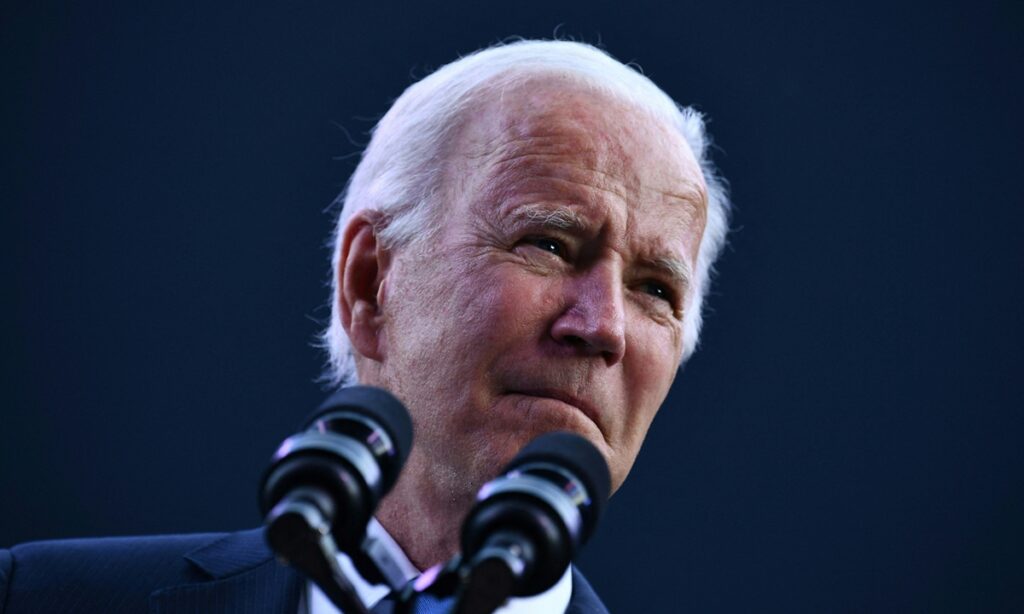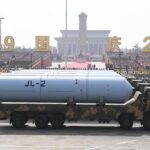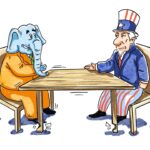“Sadly, when we look around the world today, we cannot say that the specter of atrocity is behind us,” Biden claimed, “We see today the patterns, the choices playing out around the world even as we speak: the oppression and use of forced labor of the Uyghurs in Xinjiang…”
Biden’s words fully embody the duality of his administration’s China policy. On the one hand, it hopes to ease tensions with China and seek China’s support and collaboration on subjects such as climate change, trade and global governance. On the other hand, in regard to the so-called human rights and ideology issues, the Biden administration has repeatedly piled pressure on China and hyped the “China threat” theory, in a bid to contain China, as well as ramp up the cohesion of the US alliance system and restore the US’ international credibility and global leadership.
In terms of trade, Washington’s demands to increase cooperation with Beijing are mounting. The US has seen fluctuations and ups and downs in its economic recovery. Especially against the backdrop of the serious hit from the COVID-19 pandemic, the US’ statistics on inflation and employment are not satisfactory. The Biden administration is under great pressure so it hopes its “recoupling” with China can, to some extent, help the US’ economic recovery and brighten its economic prospects.
Meanwhile, affected by the Afghanistan debacle, the Biden administration has come under striking pressure in its foreign policy. As the midterm elections will take place in 2022, Biden is eager to achieve concrete and pragmatic results and expand his diplomatic influence, especially on climate change, in an attempt to gain a favorable position in the upcoming elections. In this context, he needs badly China’s cooperation. Without China’s help, it will be difficult for the Biden administration to meet the goals set for climate change.
“Whether the US can increase its cooperation in trade and climate change with China as it intends to depends on the US’ manner on other issues,” Zhang Tengjun, an assistant research fellow at the China Institute of International Studies, told the Global Times, “All topics between China and the US are interconnected. China cannot cooperate with the US merely on one or two specific topics when the US remains to be hostile on other agenda. It is hoped that the Biden administration can demonstrate its sincerity in cooperating with China and make systematic adjustments in its overall China policy. Only then will China seriously consider how to improve ties with the US.”
China will listen to what the US says and observe what it does. Successive US governments have said one thing but done another. China needs to see what substantial efforts the US makes to ease its relations with China, and then make corresponding responses. Zhang said, “If Washington continues to groundlessly slander China on topics such as Xinjiang-related affairs, China will conclude that the US lacks sincerity. It is impossible for the US to keep blaming China when hoping to reach détente over relations with China.”




